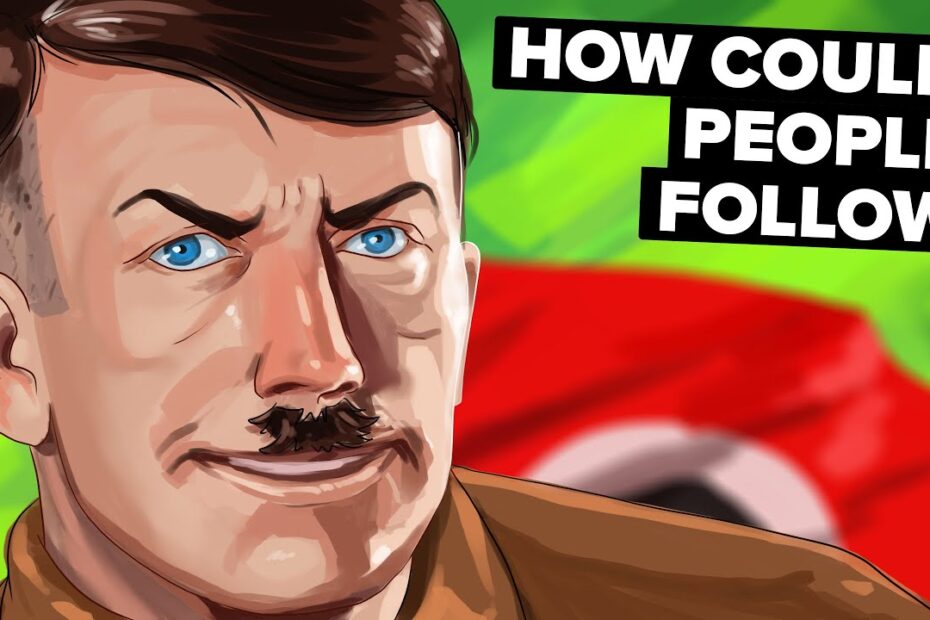Did Hitler Personally Arrest Judges? Examining the Nazi Regime’s Control Over the Judiciary
Let’s address the elephant in the Reichstag first: No, Hitler didn’t personally bust into courtrooms, slam a leather-gloved fist on a judge’s bench, and yell “Objection overruled… to my face!” His role was more CEO of Chaos™ than hands-on HR disciplinarian. But don’t mistake his lack of micromanagement for a lack of control. The Nazis were experts at turning legal systems into loyalty puppet shows—no direct arrests needed when you can rewrite the rules of the game.
The Paperwork Paradox: How Nazis Legally Neutered the Courts
Why arrest judges when you can just arrest the law itself? The regime passed “laws” like the 1933 Reichstag Fire Decree (which suspended civil liberties) and the Enabling Act (letting Hitler legislate by doodling on napkins, basically). Judges who resisted? They weren’t dragged off by Hitler himself but faced “early retirement” via coercion, intimidation, or “accidentally” being assigned to oversee parking ticket appeals in a remote potato field.
The Judge’s New Groove: Loyalty Oaths and Ideological Purges
- Loyalty oaths: By 1933, judges had to swear allegiance to the Nazi Party. Refusing meant unemployment, not a cell.
- Purges: Over 15% of judges were dismissed by 1939—mostly Jews, liberals, or anyone who owned a thinking brain.
- Voluntary Nazification: Many judges, fearing consequences or just really into swastikas, self-censored to align rulings with Nazi ideology.
Hitler’s Hands-Off Approach (Unless You Really Pissed Him Off)
Hitler preferred grand gestures—like invading Poland or redesigning uniforms—to judicial babysitting. But exceptions existed. After the 1944 assassination attempt, he ordered a kangaroo court to execute “disloyal” officials. Still, day-to-day intimidation was outsourced to the Gestapo and Roland Freisler, the regime’s theatrically unhinged judge who screamed defendants into oblivion. So, unless you were plotting a coup while judging a pie-eating contest, Hitler’s hands stayed clean. The system? Very, very dirty.
Judicial Persecution in Nazi Germany: How Hitler’s Regime Targeted Judges and Legal Independence
When Judges Wore Swastikas (and Not as a Fashion Statement)
Nazi Germany’s legal system didn’t just bend the rules—it snapped them like a pretzel at Oktoberfest. Hitler’s regime, ever the fan of “team-building exercises,” decided the judiciary needed a career makeover. By 1933, the “Law for the Restoration of the Professional Civil Service” (a title as honest as a used broom salesman) purged Jewish judges, socialist-leaning legal eagles, and anyone who thought “due process” wasn’t just a fancy term for “whatever the Führer wants.” Suddenly, courtrooms swapped impartiality for impromptu renditions of *Horst Wessel Lied*.
The People’s Court: Where Justice Went to Die (But First, It Clowned Around)
Enter the Volksgerichtshof (People’s Court), a Kafkaesque circus where judges doubled as clowns—if clowns screamed about treason and handed out death sentences like candy. Head honcho Roland Freisler, a man whose theatrics could’ve earned him a Tony Award for “Most Unhinged Performance in a Legal Drama,” turned trials into propaganda spectacles. Defendants? More like unwilling extras in a horror film where the script was written in bold, all-caps Nazi ideology.
Key features of Nazi “justice” included:
- Loyalty oaths (because nothing says “fair trial” like making judges pinky-swear to Hitler).
- Re-education camps for dissenting judges (think summer camp, but with more screaming and less s’mores).
- Laws written in invisible ink (metaphorically speaking—unless you count “the Führer’s whims” as a legal code).
From Gowns to Brownshirts: The Great Judicial Glow-Up
By 1937, over 85% of judges had joined the Nazi Party, not out of passion for justice, but because “keeping your job” is a *fantastic* motivator. The German Judges’ Letters—a newsletter that somehow made legal updates *less* boring—became a propaganda megaphone, urging jurists to interpret laws through a “National Socialist lens.” (Spoiler: The lens was just a picture of Hitler glaring.) Legal independence? More like legal dependence on a regime that treated fairness like a piñata—whack it hard enough, and candy-coated authoritarianism spills out.
So, next time someone says, “The law is the law,” remind them that in Nazi Germany, the law was just Hitler’s fanfiction—poorly written and tragically enforceable.
